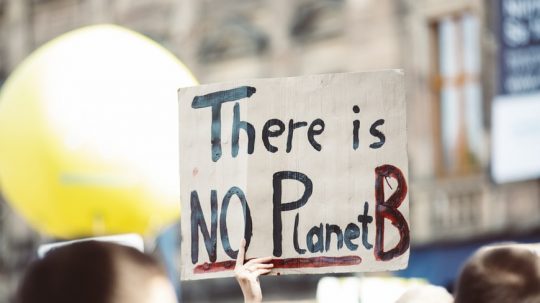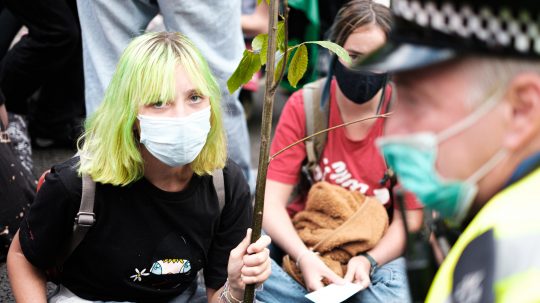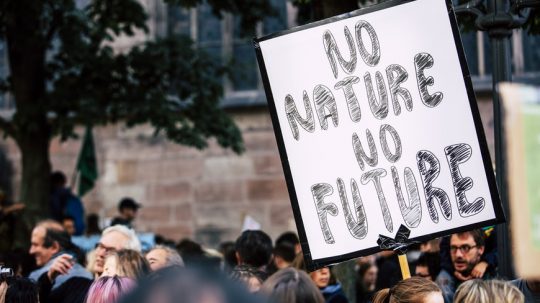With the latest Conference of the Parties (COP26) coming to an end earlier this month, we break down the results of the multilateral gathering to evaluate progress, given the UN Human Rights Council’s recent declaration of everyone’s right to a clean and healthy environment.
In Glasgow, COP26 brought global leaders together to tackle climate change head-on. Running between 31 October and 12 November at the Scottish Event Campus, the summit was a crucial opportunity for delegates and leaders from 196 countries to commit to a global agenda focused on slowing climate change.
“On the surface, there seems to have been some positive outcomes,” said Professor Tahseen Jafry, director of Glasgow Caledonian University’s Centre for Climate Justice. “The decision to end and reverse deforestation by 2030, with countries including Brazil signing up, is to be applauded. Likewise, the EU and US agreeing to cut methane gas by 2040 are also to be welcomed, as are the 40 countries that have pledged to move away from coal, including major users such as Poland.”
After six years of discussions, the “Paris Rulebook” – guidelines for how the Paris Agreement is enacted – was also completed
With involvement from private industries from the outset, some of which have been directly linked to irresponsible climate practices, the conference faced an uphill battle from the beginning.
“It does seem like we, as a global community, may be reaching a watershed moment, inspired by a greater public understanding of the importance of addressing climate change and more widespread public attention on the importance of climate equity and justice,” said Hannah Blitzer, a doctoral researcher in environmental and human rights law at the University of Sussex and executive committee member of Action4Justice. “Though, it does reflect how much of the movement is being driven on the ground by affected communities and via grassroots organisations rather than by states at the negotiating tables. The market economy continues to be a priority of states, which is problematic.”





